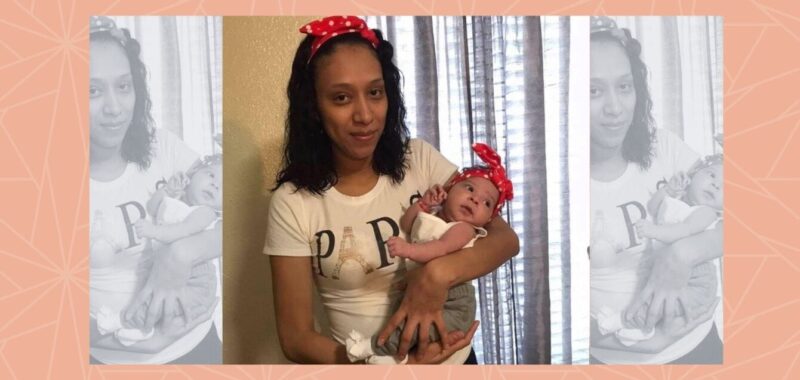As mothers, we’re told to trust our instincts, protect our families, and be vigilant about our own health. But what happens when the systems meant to protect us fail?
Joselli Barnica, a 28-year-old mother from Houston, found herself caught in just such a dilemma—a heartbreaking situation that left her family, her doctors, and her community mourning a loss that experts believe never should have happened.
Joselli Barnica’s story
Barnica was expecting her second child when she faced a terrifying medical crisis. On September 5, 2021, she was 17 weeks and 5 days into her pregnancy when she arrived at HCA Houston Healthcare Northwest with intense cramping and bleeding. Doctors informed her that her cervix was open, her baby was about to be delivered, and there was no possibility of saving the pregnancy.
Under standard medical protocol, her doctors would typically intervene—using medication or surgery to prevent the risk of infection and help her body safely complete the miscarriage. But according to her husband, doctors said that intervening would be illegal under Texas’s restrictive healthcare laws, because the pregnancy still had a fetal heartbeat. Despite her pleas for help, they held off due to fear of prosecution.
For 40 agonizing hours, Barnica’s health deteriorated. Eventually, she developed sepsis—a life-threatening infection that spread rapidly and took her life just three days after her miscarriage. Her death, according to a recent ProPublica investigation, was preventable. More than a dozen medical experts reviewed her case and agreed that, with the right intervention, she might still be here today. Instead, vague legal boundaries prevented her doctors from providing the care she needed.
Lives on the line: The cost of policy ambiguity
Barnica’s story is part of a growing concern about how restrictive healthcare laws affect maternal care. In states with strict abortion regulations, doctors face uncertainty about what constitutes a “medical emergency.” Without clear guidance, some physicians may pause or delay care out of fear for their licenses or even criminal charges if their judgment is later questioned.
This legal uncertainty has cost other lives, too. Eighteen-year-old Nevaeh Crain, for example, visited two emergency rooms due to severe complications but was sent home twice, each time in worsening condition. Without intervention, she ultimately lost her life, according to a recent Texas Tribune report.
This situation is not limited to Texas. In Idaho, Carmen Broesder experiencing a miscarriage waited 19 painful days for care because her doctors feared legal consequences if they intervened.
These maternal deaths as a result of uncertain abortion laws are part of a broader maternal health crisis: maternal mortality in the United States rose 11 percent from 2019 to 2022. In Texas alone, the maternal death rate surged 56 percent, according to an analysis of Centers for Disease Control and Prevention data conducted by the Gender Equity Policy Institute.
These numbers are not just statistics—they represent real mothers, like Josseli and Nevaeh, whose lives might have been saved if their doctors had the freedom to act.
Mothers deserve medical support, not legal uncertainty
Pregnancy requires serious care, and every mother deserves confidence that her health will be prioritized. Yet in this moment, there are laws or even confusion around laws, that hinder doctors from providing care, even when a mother’s health is clearly at risk.
Building a community of support for mothers everywhere
The preventable deaths of Joselli Barnica, Nevaeh Crain, and others highlight the urgent moment for pregnant moment, at a time when abortion rights are evolving. We cannot stand by while mothers lose or risk their lives due to ambiguous laws. Mothers and their families deserve so much better.

